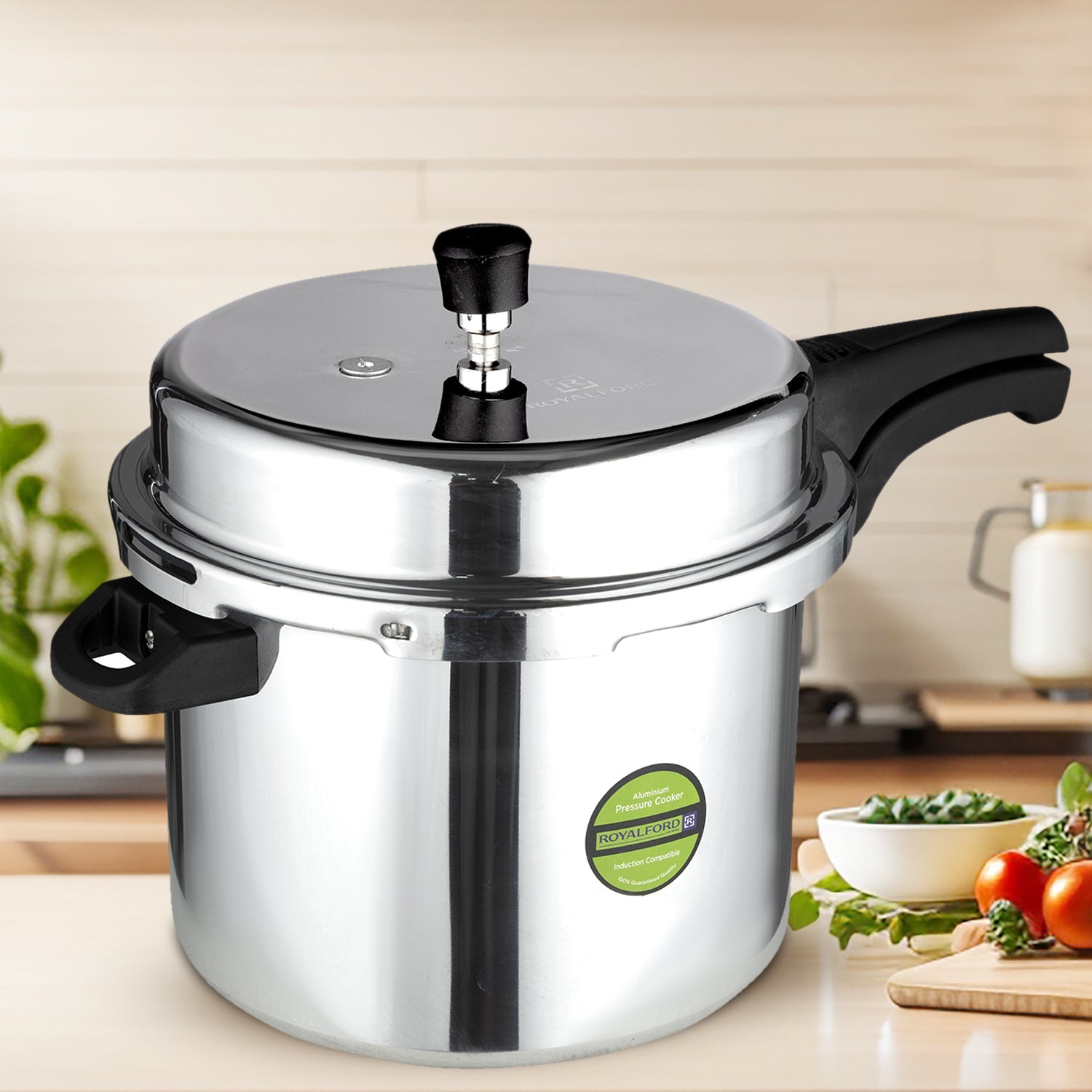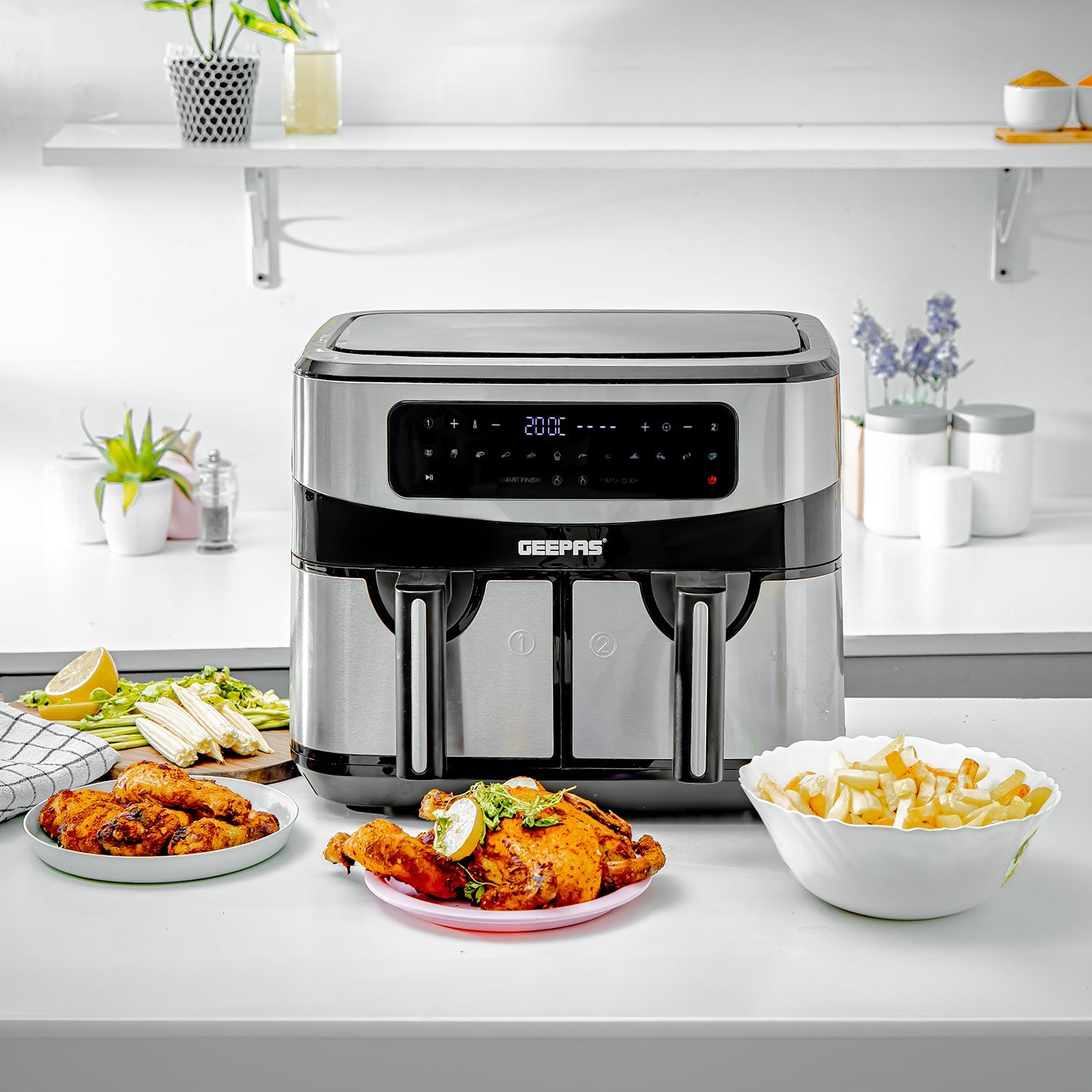When the temperature drops, a reliable heater becomes an essential appliance for maintaining comfort in your home or workspace. Whether you're looking to buy a new heater, optimise your current heating system, or simply learn more about how heaters work, this guide covers everything you need to know. From types of heaters and their benefits to energy efficiency tips and maintenance, we've got you covered.
Types Of Heaters: Which One Is Right For You?
Choosing the right heater depends on your specific needs, room size, and budget. Here are the most common types of heaters available:
1. Space Heaters
- Portable Electric Heaters: Ideal for small spaces, these heaters are affordable and easy to move around. They come in two main types:
- Convection Heaters: Warm the air in the room.
- Radiant Heaters: Directly heat objects and people in their path.
- Ceramic Heaters: Use ceramic plates to generate heat quickly and efficiently.
- Oil-Filled Radiators: Provide long-lasting warmth and are great for larger rooms.
2. Central Heating Systems
- Furnaces: Use gas, oil, or electricity to heat air, which is then distributed through ducts.
- Boilers: Heat water to provide steam or hot water for radiators or underfloor heating systems.
- Heat pumps: Extract heat from the air or ground and transfer it indoors. They are highly energy-efficient.
3. Wall-Mounted Heaters
- Electric Wall Heaters: Save floor space and are perfect for small rooms or apartments.
- Gas Wall Heaters: Provide powerful heating for larger spaces but require proper ventilation.
4. Infrared Heaters
- Use infrared technology to heat objects and people directly, making them energy-efficient and ideal for outdoor or drafty spaces.
5. Propane Heaters
- Portable and powerful, these heaters are great for outdoor use or areas without electricity.
6. Underfloor Heating
- Provides even heat distribution and is often used in bathrooms or kitchens for added comfort.
Key Features To Look For In A Heater
When shopping for a heater, consider these features to ensure you get the best performance and value:
- Heating Capacity: Measured in BTUs (British Thermal Units) or watts, this indicates how much space the heater can effectively warm.
- Energy Efficiency: Look for Energy Star-certified models to save on electricity bills.
- Safety Features: Overheat protection, tip-over switches, and cool-to-touch exteriors are essential for safety.
- Thermostat and Controls: Adjustable thermostats and programmable timers help maintain optimal comfort.
- Portability: Wheels or handles make it easy to move the heater from room to room.
- Noise Level: Some heaters operate quietly, while others may produce noticeable noise.
Benefits of Using Heaters
- Targeted Heating: Heaters allow you to warm specific areas, reducing energy waste.
- Cost-Effective: Portable heaters are cheaper to run than central heating systems for small spaces.
- Quick Heating: Most heaters provide instant warmth, unlike central systems that take time to heat up.
- Versatility: From indoor to outdoor use, certain heaters are adaptable to various environments.
Energy Efficiency Tips For Heaters
- Choose the Right Size: A heater that's too large or too small for your space will waste energy.
- Use a Programmable Thermostat: Set the heater to turn on only when needed.
- Seal Drafts: Ensure windows and doors are properly sealed to prevent heat loss.
- Layer Up: wear warm clothing and use blankets to reduce reliance on your heater.
- Regular Maintenance: Clean filters and check for any issues to keep your heater running efficiently.
Heater Maintenance and Safety Tips
Proper maintenance ensures your heater operates safely and efficiently:
- Clean Regularly: Dust and debris can affect performance. Clean filters and vents as recommended by the manufacturer.
- Inspect For Damage: Check cords, plugs, and heating elements for wear and tear.
- Ventilation: Ensure gas or propane heaters are properly ventilated to prevent carbon monoxide buildup.
- Keep Flammable Items Away: Maintain a safe distance between the heater and furniture, curtains, or other flammable materials.
- Follow Manufacturer Instructions: Always read the user manual for specific maintenance and safety guidelines.
Common Heater Problems and Solutions
- Heater Not Turning On: Check the power source, fuse, or circuit breaker. If using a gas heater, ensure the pilot light is lit.
- Insufficient Heat: Clean the filters or check for blockages in the heating elements.
- Strange Noises: Loose parts or debris may cause unusual sounds. Inspect and tighten components as needed.
- Overheating: Ensure the heater is not covered or obstructed. Clean the vents and check for proper airflow.
FAQs About Heaters
1. What is the most energy-efficient type of heater?
Infrared heaters and heat pumps are among the most energy-efficient options.
2. Can I leave my heater on overnight?
It's not recommended to leave portable heaters on overnight due to safety risks. Central heating systems with timers are a safer option.
3. How do I calculate the right heater size for my room?
Measure your room's square footage and match it to the heater's BTU or wattage rating. Generally, you need 10 watts per square foot.
4. Are electric heaters expensive to run?
Electric heaters can be costly to run for long periods. Opt for energy-efficient models and use them sparingly.



